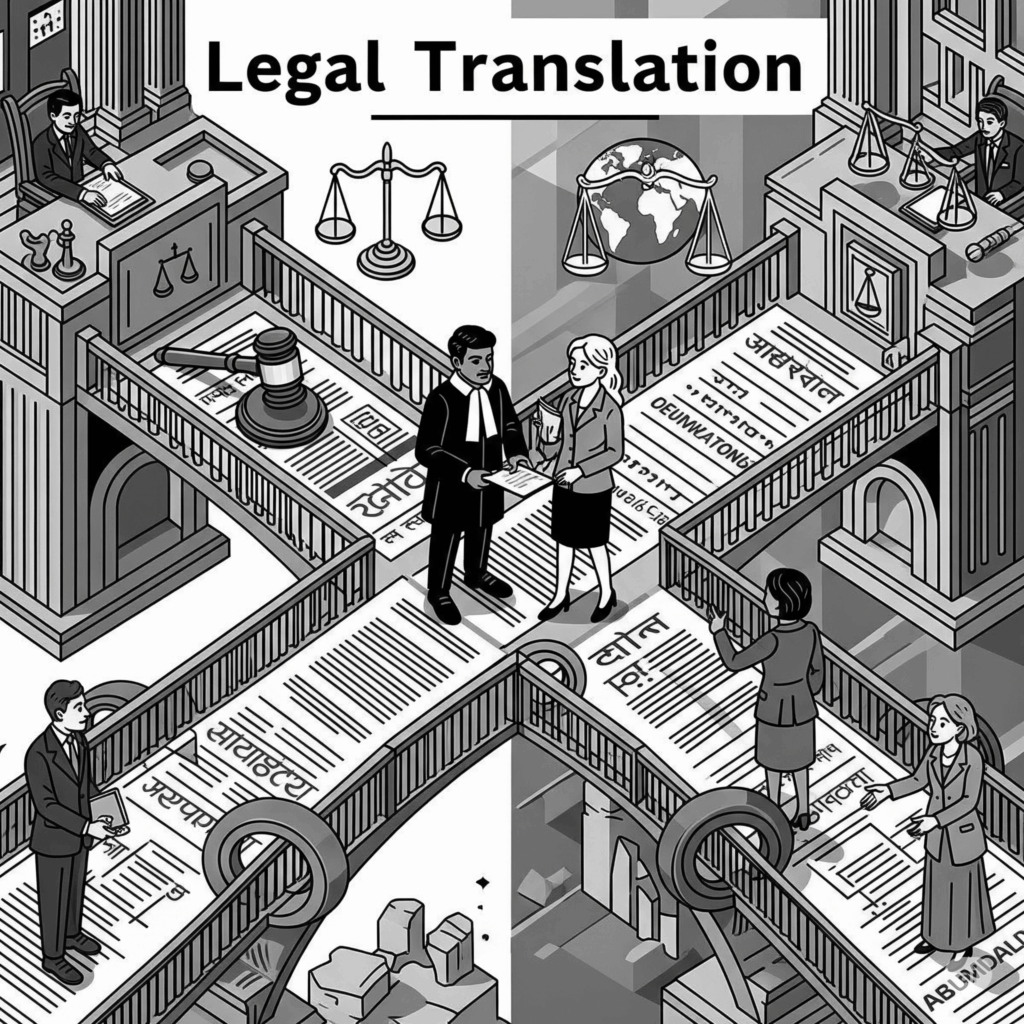Subscribe
Login
0 Yorum
Eskiler

